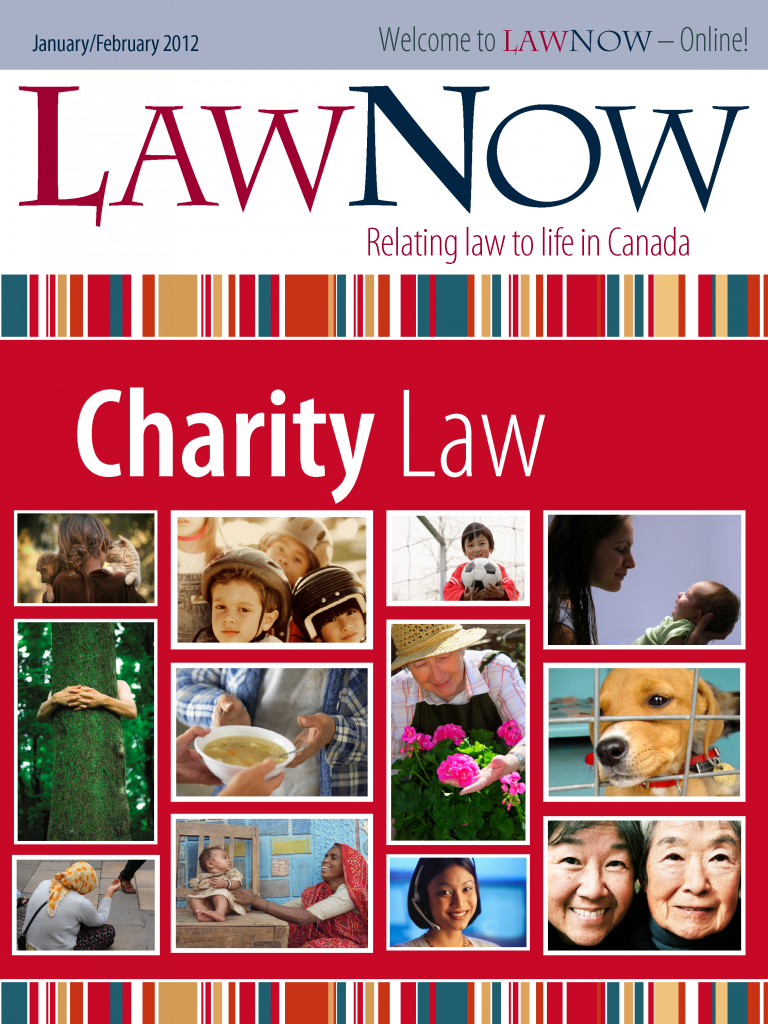Is your registered charity or not-for-profit ready for the Canada’s Anti-Spam Legislation (CASL)? Many organizations are concerned about ensuring they comply with the new legislation. Luckily, new resources from CPLEA can help!
CASL stands for Canada’s Anti-Spam legislation. This anagram is the unofficial name for a new law recently passed by the Parliament of Canada. The official name of the law is “An Act to promote the efficiency and adaptability of the Canadian economy by regulating certain activities that discourage reliance on electronic means of carrying out commercial activities, and to amend the Canadian Radio-television and Telecommunications Commission Act, the Competition Act, the Personal Information Protection and Electronic Documents Act and the Telecommunications Act (“The Act“).
CASL comes into force on July 1, 2014. Because it is a federal law, it will apply to not-for-profit organizations and registered charities across Canada.
CPLEA has created new FAQs and resources to help registered charities and not-for-profits understand and comply with CASL. Check out the website to for information on:
While the unofficial title of the Act targets spam, it is actually much broader in scope. CASL deals with commercial electronic messages (CEMs) and it regulates a broad range of activities including:
- unsolicited commercial messages such as emails, texts and tweets;
- hacking, malware and spyware;
- “phishing” and other fraudulent or misleading practices;
- invading privacy through a computer; and
- collecting email addresses without consent.
Registered charities and not-for-profit organizations may discover that many of the communication tools that they have routinely used over many years will now be subject to the provisions of this Act. The new information and resources from CPLEA will help organizations prepare and cope with the coming changes.
